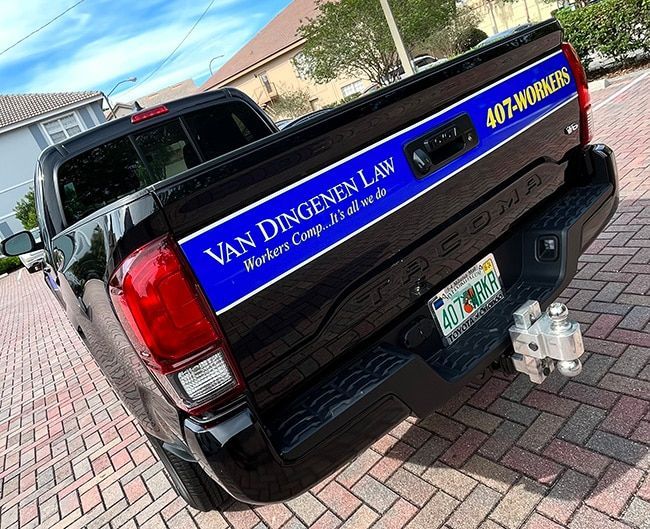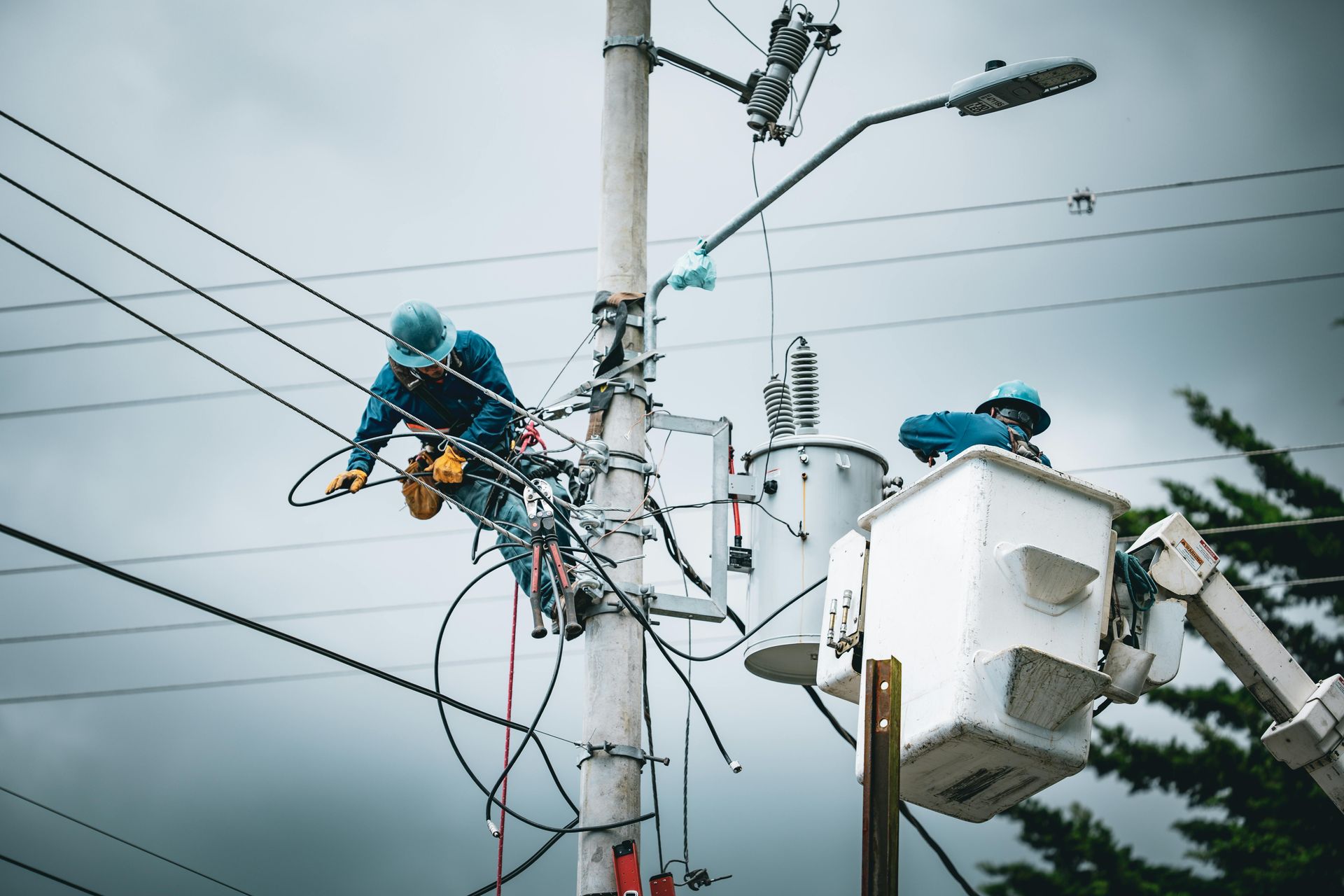Workers’ Compensation Settlements with Release Forms
Ideally, when you file for workers’ compensation , your claim will be approved and you can get your benefits quickly. On the not-so-unlikely chance that your claim is challenged by the insurer or your employer, though, you will have to prepare for a back-and-forth to get what you deserve. At this point, most people hire a workers’ compensation attorney to represent them throughout the proceedings, discussions, and negotiations. With some skill – and possibly a bit of luck – your case will move towards a settlement.
Oftentimes, when a workers’ compensation settlement is offered, it will include a release form or some sort of “compromise and release agreement.” As someone who doesn’t deal with workers’ compensation laws each day, you probably won’t know what this means, and the opposing party might not give you a solid explanation. Again, this is why it is so important to work with a lawyer who can counsel you or act on your behalf.
The short of it is that a release agreement essentially states that, once you sign the settlement offer, the case is closed and done. You will be entitled to whatever compensation and benefits you agreed to receive in the settlement, but that’s all you can get. There will be no future opportunities to return to the case and seek further compensation for the same work injury, even if your health conditions worsen dramatically and unexpectedly later. The release agreement has given the insurer and your employer the right to walk away from any future issues your injury or illness causes.
Insurance companies like release agreements because it lets them close cases and not look back. Even if the claimant inadvertently signed a one-sided agreement that barely helps them recover from their work injury, the insurer will be released from liability and responsibility. Before you sign anything, you need to be sure you fully understand what it says, especially if the agreement acts as the end-all, be-all for your workers’ compensation claim, as they often do. Contacting a local workers’ comp attorney should be a priority the moment that your case meets any resistance or complication.
The post Workers’ Compensation Settlements with Release Forms appeared first on Van Dingenen Law.












